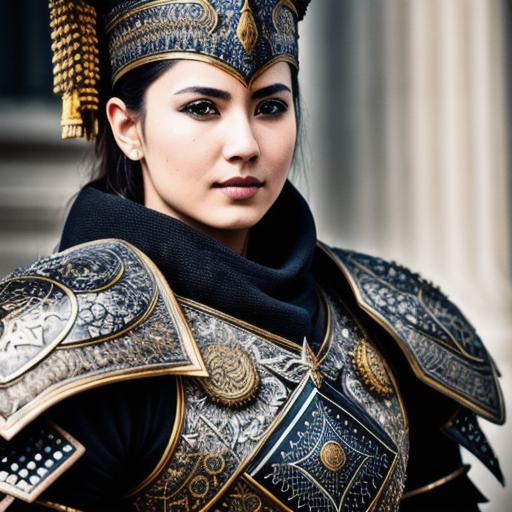Introduction:
Game development is a highly rewarding and creative field that has seen tremendous growth in recent years. Whether you are a student, hobbyist or looking for a career change, game development can be an exciting and lucrative opportunity. However, getting started with game development can be overwhelming for beginners as it involves various technical skills and tools. In this guide, we will walk you through the steps of how to get started with game development as a beginner, including the necessary software, programming languages, and best practices.
- Choose Your Game Development Software:
The first step in getting started with game development is selecting the right software. There are many game development software options available, each with its unique features and capabilities. Some of the most popular game development software include Unity, Unreal Engine, Construct 3, and Stencyl. These software provide a user-friendly interface and offer a wide range of tools and resources for beginners to create their first game. - Select Your Programming Language:
Once you have chosen your game development software, the next step is to choose a programming language. There are many programming languages used in game development, including C, C++, Python, Java, and JavaScript. Each programming language has its own advantages and disadvantages, and the choice of programming language will depend on the type of game you want to develop and your personal preference. - Learn Basic Programming Concepts:
Before diving into game development, it is essential to have a basic understanding of programming concepts. Some of the fundamental programming concepts that you should learn include variables, data types, control structures (if/else statements, loops), functions, and objects. You can learn these concepts through online tutorials, coding boot camps, or by taking a computer science course. - Choose Your Game Development Platform:
The next step in getting started with game development is selecting the right game development platform. There are many game development platforms available, including web-based platforms like HTML5, mobile platforms like iOS and Android, and desktop platforms like Windows and macOS. The choice of game development platform will depend on the target audience and the type of game you want to develop. - Create Your Game Design Document:
Before starting the actual development process, it is essential to create a game design document (GDD). The GDD outlines the game’s mechanics, storyline, characters, levels, and other essential features. It serves as a blueprint for the game development process and helps ensure that everyone involved in the project is on the same page. - Develop Your Game:
Once you have completed the necessary steps above, it is time to start developing your game. The development process can vary depending on the complexity of the game and the software used. However, some common steps include creating assets, programming game logic, testing the game, and refining the design. - Publish Your Game:
The final step in getting started with game development is publishing your game. There are many ways to publish a game, including submitting it to app stores, distributing it online, or hosting it on your own website. Before publishing your game, it is essential to test it thoroughly and ensure that it meets the necessary quality standards.Conclusion:

Game development can be an exciting and rewarding field for beginners. By following the steps outlined above, you can get started with game development and create your first game. Remember to choose the right software and programming language, learn basic programming concepts, select the right game development platform, create a game design document, develop your game, and publish it. With these steps in mind and dedication to learning and practice, anyone can become a successful game developer.FAQs:
- What is the best way for beginners to get started with game development?
The best way for beginners to get started with game development is by choosing a user-friendly game development software like Unity or Construct 3, learning basic programming concepts, and selecting a simple game design. - What programming languages are used in game development?
There are many programming languages used in game development, including C, C++, Python, Java, and JavaScript. The choice of programming language will depend on the type of game you want to develop and your personal preference. - How long does it take to create a game?
The time it takes to create a game can vary depending on the complexity of the game and the experience of the developer. However, on average, creating a simple game can take anywhere from 2-6 months. - What are some common mistakes beginners make when developing games?
Common mistakes beginners make when developing games include not planning the game design properly, not testing the game thoroughly, and not seeking feedback from other developers or users. - How do I monetize my game?
There are many ways to monetize a game, including selling it on app stores, distributing it online, offering in-app purchases, or hosting it on your own website. Before deciding on a monetization strategy, it is essential to research the target audience and their preferences.
